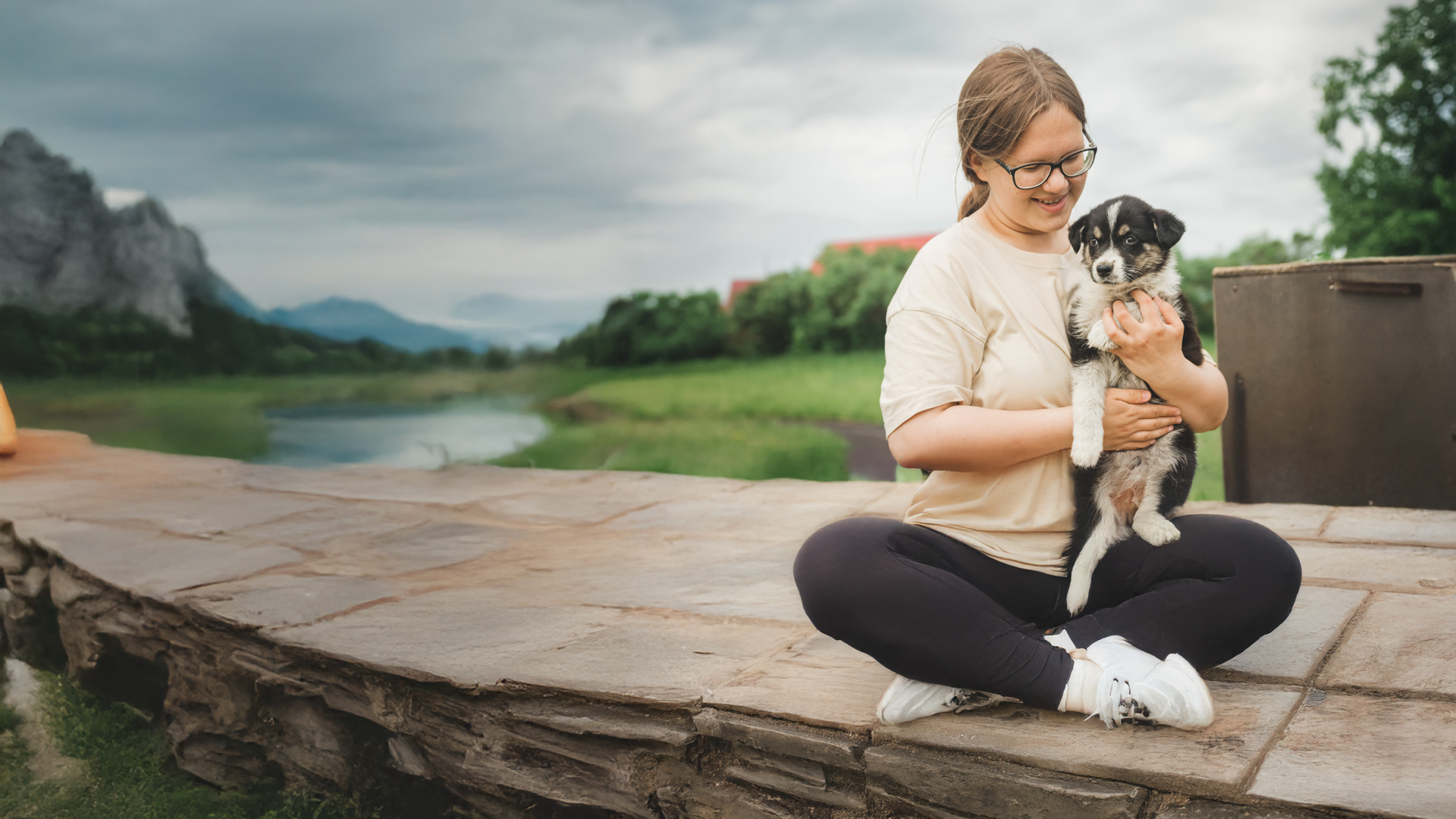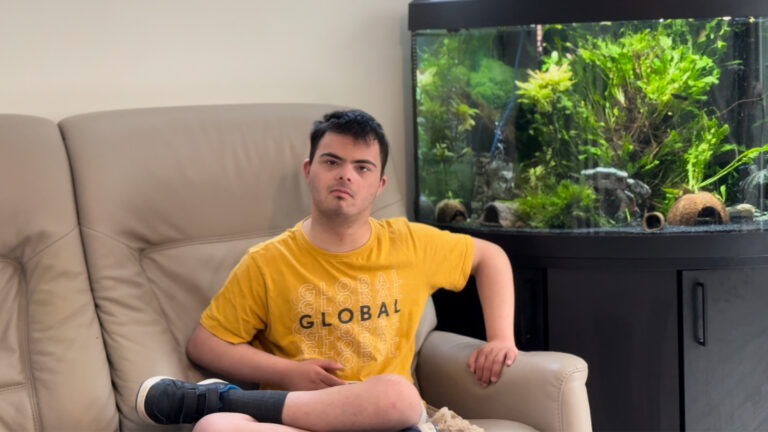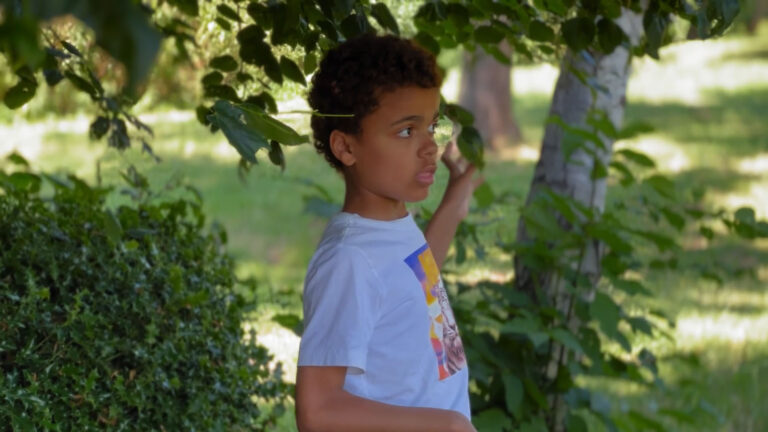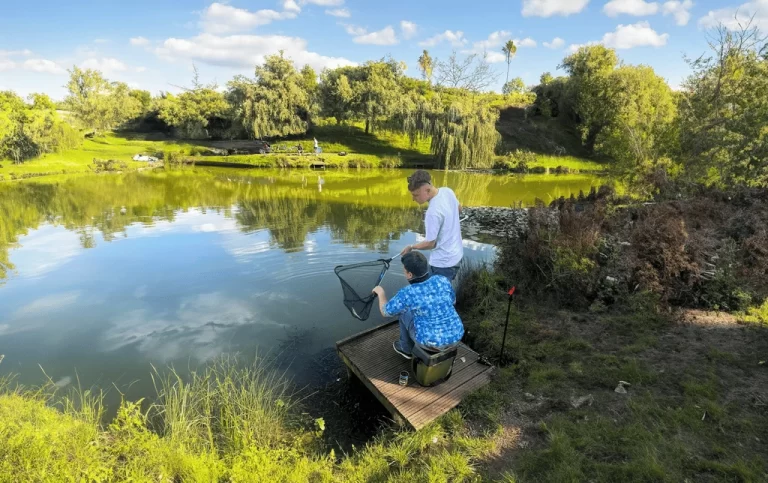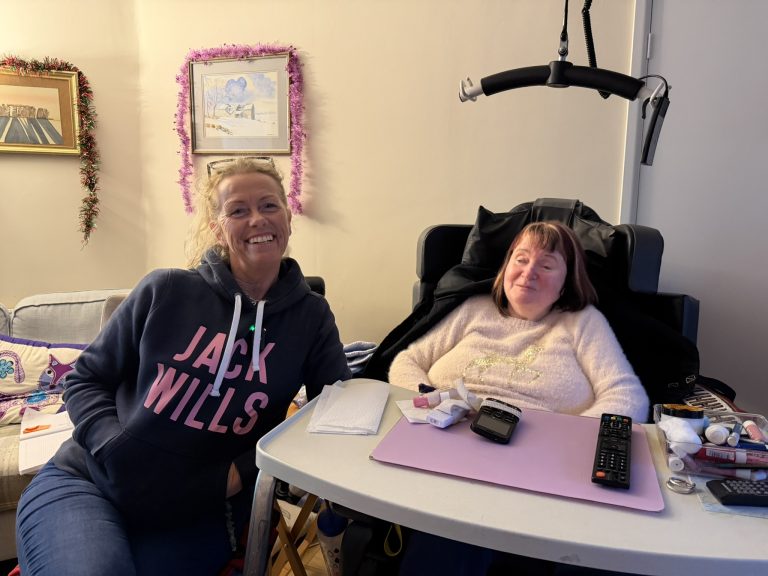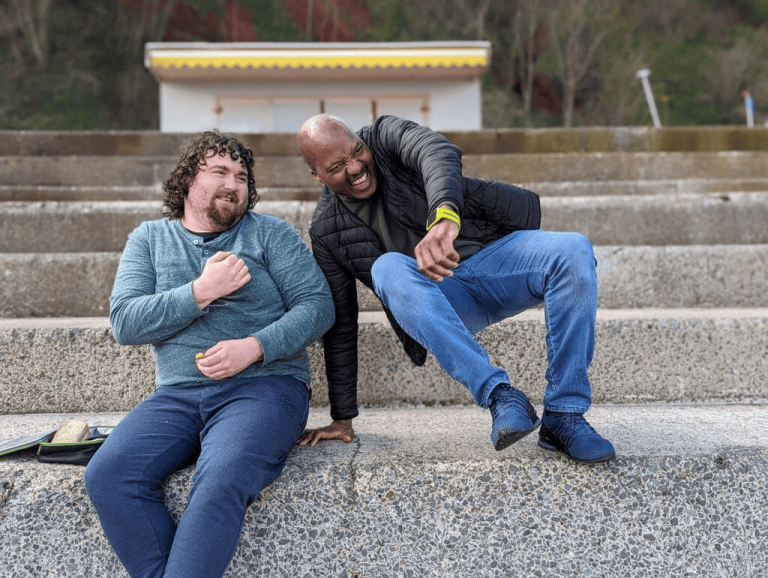The Story
C is a remarkable young girl who has faced adversity throughout her life. Growing up with complex PTSD, C spent several years living with her foster family. Although she had been very accepting of her foster parents and had been under their care since she was young, at times, C would also still display behaviour that challenges.
C experienced a serious mental health crisis, and her foster family had to step away. C found herself in another foster setting. However, due to her family being unable to manage some of C’s complex behaviour and communication, C was admitted into the hospital.
This is when C’s and our team’s story intertwine.
The Process
C, understandably struggled with a change of environment. Whilst in the hospital, C had a lot of trouble settling and was communicating her distress through behaviours such as self-harming and running away from the environment.
Our team stepped in to provide support whilst she was there. It didn’t take long for our team to build a relationship with her, and it wasn’t long until C felt more comfortable and able to control some of those big emotions. She was discharged into a residential service, where less than a week later, C began to deteriorate once again. This type of reaction isn’t uncommon for individuals experiencing complex PTSD, especially when people face many changes in settings and living environments.
Our team was called back to support her, and the young person was moved to Bristol, where she received 3:1 support. One Registered Nurse and two Support Workers supported C’s unique needs and preferences.
Our team had already built a relationship with C, and was accepted into her everyday life.
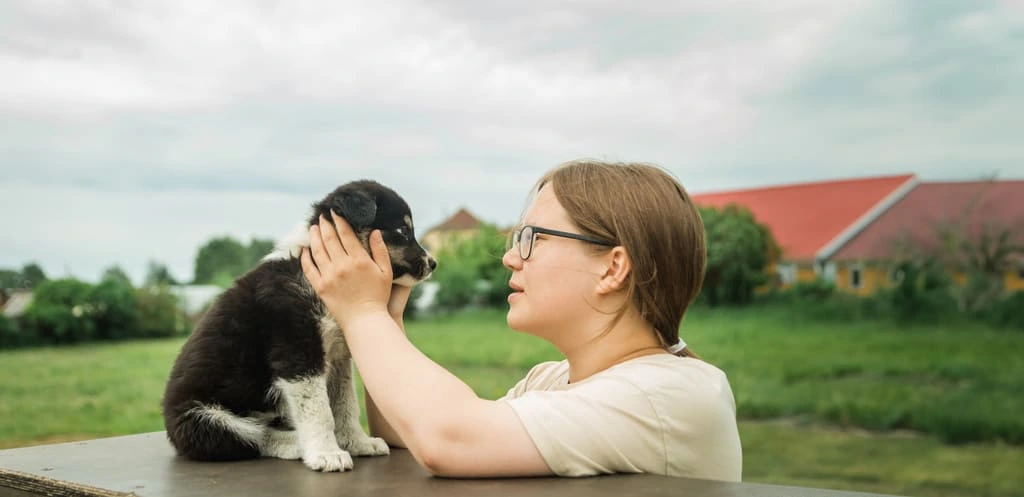
The Approach
To address the unique challenges presented by C’s situation, our team implemented a tailored approach grounded in the Positive Behaviour Support (PBS) model. This model focuses on understanding the reasons behind challenging behaviours and employs proactive strategies designed to reduce occurrences by meeting a person’s holistic needs.
For C, we recognised that her behaviours were often triggered by feelings of instability and insecurity due to frequent changes in her living environment.
Our PBS approach began with an extensive assessment to identify C’s specific needs, preferences, and triggers that led to her challenging behaviours. We involved C in this process, empowering her to voice her feelings and concerns, which not only provided us with valuable insights but also helped C feel more in control and respected.
Based on our findings, we developed a personalised care plan that included consistent daily routines to provide a sense of security and stability, therapeutic activities to help manage her PTSD symptoms, and regular sessions with a mental health therapist.
The success of this approach in C’s case underscores the effectiveness of the Positive Behaviour Support model combined with a highly personalised care strategy. Not only did it address the immediate challenges, but it also laid a strong foundation for C’s continued growth and adjustment.
The result
After one year of receiving our support, C has come a long way. Today, she enjoys going to theme parks, movies, bowling, and participating in outdoor activities. Our team has helped her maintain her relationship with her former foster family. C has unsupervised sleepovers, day trips, and other opportunities for spending quality time with people that mean most to her.
C also got back into the education, and she dreams of one day joining the army. She does her own washing, cooking, and loves organising her living space.
With the help of our dedicated team and their consistent approach, C is slowly but surely getting ready for adult life. The most rewarding part of our experience with this young person is that we know she has a bright future in front of her, full of joy and fantastic opportunities.
